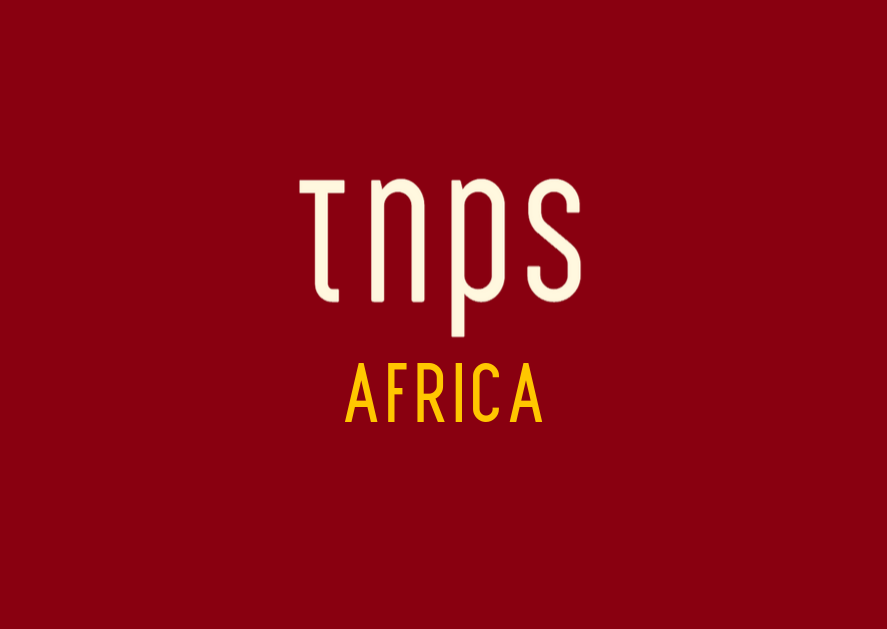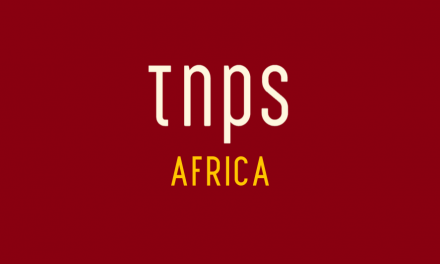The printing industry is a cornerstone of national development, supporting education, packaging, and governance through security documents. Conservative estimates place its contribution at over ₦300 billion yearly, employing hundreds of thousands directly and indirectly.
A clarion call has been made for comprehensive policy reforms to resuscitate Nigeria’s printing and publishing sector, an industry valued at over USD 236 million annually. Stakeholders, convened by the Lagos Chamber of Commerce and Industry (LCCI), have highlighted the urgent need for government intervention to address systemic challenges and unlock the sector’s immense potential.
The Industry’s Vital Role and Economic Value
The printing industry is a cornerstone of national development, supporting education, packaging, and governance through security documents. Conservative estimates place its contribution at over ₦300 billion yearly, employing hundreds of thousands directly and indirectly. As Gabriel Idahosa, President of LCCI, stated, “From textbooks that educate our children, to packaging that drives our consumer industries… printing remains central to national progress”.
Systemic Challenges and Import Dependencies
The industry faces significant headwinds, primarily stemming from an heavy reliance on imports. Over 80 per cent of printing inputs – including paper, ink, and plates – are imported, exposing operators to foreign exchange volatility and high production costs.
Domestic tariff inconsistencies create a paradoxical disadvantage for local producers; while imported finished books attract zero tariffs, the raw materials needed for local production are heavily taxed. This creates an uneven playing field where foreign printers from countries like India and China can offer 120-day credit terms, while local printers must pay for imported paper two months before it arrives.
Key Recommendations for Revival
Stakeholders proposed several strategic interventions to revive the sector:
Policy Enforcement: Full implementation of the Nigerian First Economic Policy across all government ministries and agencies to prioritise local content in printing contracts.
Infrastructure Revival: Reviving dormant paper mills in Iwopin, Oku Iboku, and Jebba to strengthen local capacity and reduce import dependency.
Financial Support: Establishing a printing and publishing growth fund to provide equipment grants and single-digit interest loans.
Sectoral Unity: Resolving internal disputes within the Chartered Institute of Professional Printers of Nigeria (CIPPON) to strengthen its collective advocacy voice.
A Balanced Approach to Digitalisation
The industry also cautions against the uncritical implementation of digitalisation policies without assessing their impact. The Federal Government’s plan to digitise all parastatals by December must be balanced with the reality that many rural communities still lack internet connectivity.
As one stakeholder noted, “One industry should not be sacrificed for another, especially when we’re not ready“.
Via The Guardian.
This post first appeared in the TNPS LinkedIn newsfeed.



